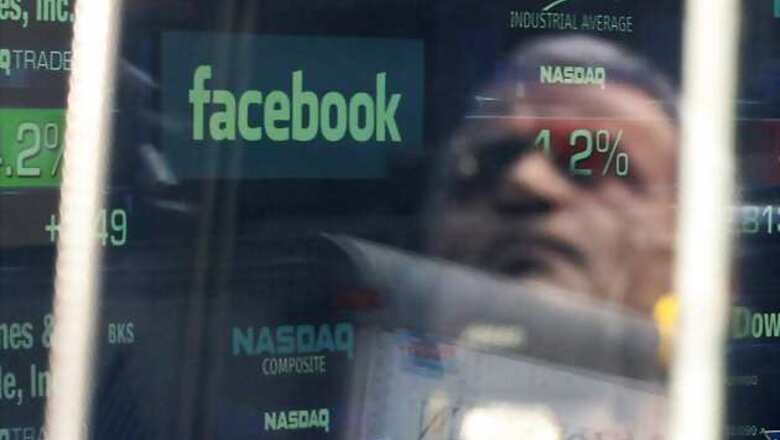
views
Facebook's initial public offering on Friday showcases the best and worst sides of capitalism. Execrable puffery accompanies the entrepreneurial achievement of transforming a dorm-room project into a company worth over $100 billion in just eight years. Poor corporate governance, Silicon Valley cronyism, breathless pundits spewing misinformation, bankers in hoodies and manic investors are all on display. And yet the flip side of such indulgence is worth admiring.
Wall Street's premier event of the year turned into an outright circus, including a 30-minute delay for the shares to start trading on Nasdaq despite considerable anticipation of the mega-volume that ensued. At its most benign, otherwise serious thinkers about capital markets devoted unthinkable amounts of time publicly debating whether founder Mark Zuckerberg's casual dress was a slight to investors while financiers cravenly sucked up to the 28-year-old. But there's a darker side to the hoopla, too.
What exactly Facebook will become, or even what it wants to be, isn't entirely clear. This, along with the social network's rapid growth, allows investors to dream big. Stock analysts played along with this "Faithbook" conceit, creatively reverse engineering models to justify lofty valuations. The headlong indulgences left few to fear Zuckerberg's control or the gray-market trading that allowed insiders to profit with asymmetric information ahead of the IPO. As insiders sold down, the hoi-polloi was invited to buy in at an alarming 25 times trailing revenue.
Yet hype and greed are often the best way to interrupt economic torpor, spread new technologies and new forms of organizing business. Booms mobilize assets and talent - and fast. The benefits of the railroad, electricity, telecommunication and computer booms ultimately outweighed the costs of wasteful speculation.
The same dynamics are evident in Facebook. Zuckerberg began with a simple idea that quickly became revenue-free Internet traffic. The prospect of being part of the next big thing attracted money from all over the world and encouraged clever programmers to come knocking. Entrepreneurs far and wide have taken inspiration from the saga and built businesses on the back of Facebook, and beyond. Amid the unseemly IPO mania, what is on display is the real genius of capitalism: the ability to harness excess.
Context news
- Facebook shares started trading at $38 apiece on May 18, giving the company a market value of $104 billion. Trading was meant to start on the Nasdaq at 11:00 am (1500 GMT) but was delayed because of problems handling orders. When they finally started trading 30 minutes late, the shares initially jumped around 12 per cent to just over $42, before dipping back down to the IPO price by midday.
- The company sold 180 million new shares in the offering, and existing shareholders sold 241 million.


















Comments
0 comment